There are two kinds of Tea:
One is the “tea” of daily essentials: firewood, rice, oil, salt, soy sauce, vinegar, and tea.
The other is the “tea” of refined pursuits: music, chess, calligraphy, painting, poetry, liquor, and tea.
The first kind of tea satisfies physical needs,
such as quenching thirst, invigorating, reducing heat, and aiding digestion.
The second kind fulfills spiritual needs,
such as expressing emotions, observing etiquette, and gaining enlightenment.
More people drink tea out of habit or to follow trends,
and it's easy to fall into some common pitfalls.
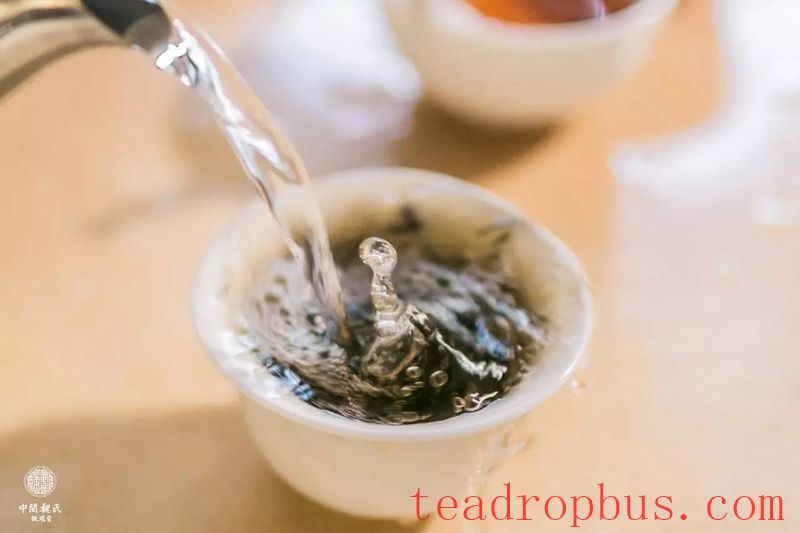
Misconception 1: Drinking Tea Without Tasting It
The greatest value of tea for people lies in nurturing the mind first,
and the body second.
Especially for middle-aged individuals,
who are busy with work and under great pressure,
it's even more important to give oneself some time
to patiently brew a pot of tea
and savor it.
People tend to make hasty decisions when agitated,
so it's better to slowly taste a pot of tea first,
before making any decisions.
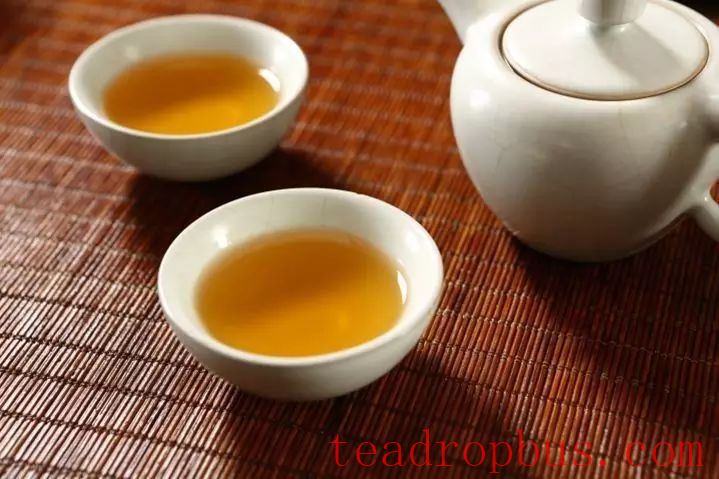
Misconception 2: A Handful of Tea Leaves in a Cup All Day!
From our early impressions,
people working at government offices
might use large enamel mugs,
teachers during class
might carry thermoses,
and bus drivers
always have a large teacup nearby,
drinking from morning till night.
Warning:
Tea leaves should not be steeped for extended periods,
as the beneficial components within can oxidize,
reducing their nutritional value.
If bacteria grow,
it can directly harm your health.
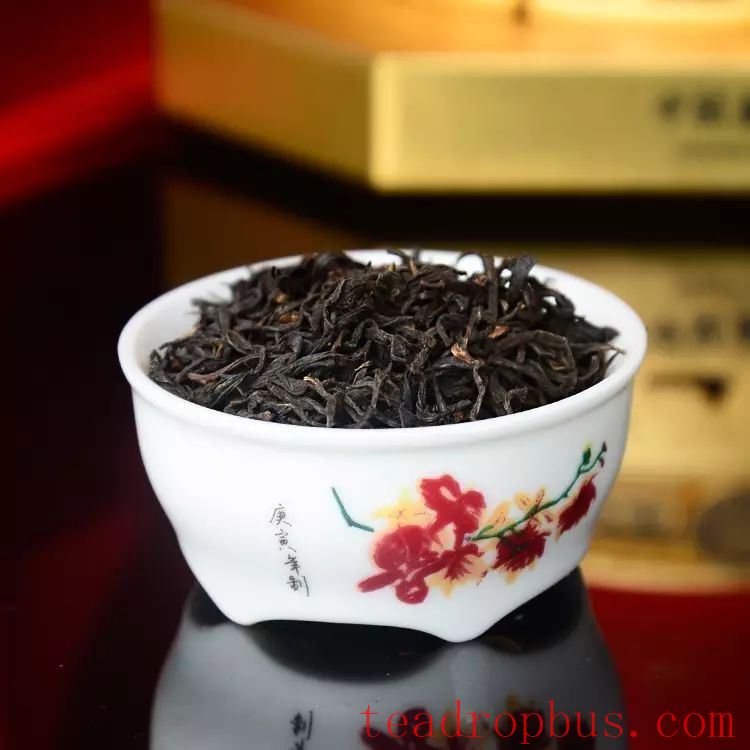
Misconception 3: The More Expensive the Tea, the Better
The price of tea is determined by its quality and production volume.
Everyone knows that Tieguanyin from Anxi is excellent,
but only about 100 companies have the geographical indication (GI) production credentials,
and only one or two can produce authentic Tieguanyin with orchid fragrance.
When buying tea, focus on its origin and growing environment.
Good tea doesn't necessarily need to be expensive,
after all,
there is no such thing as a superior tea;
what suits your palate is best.
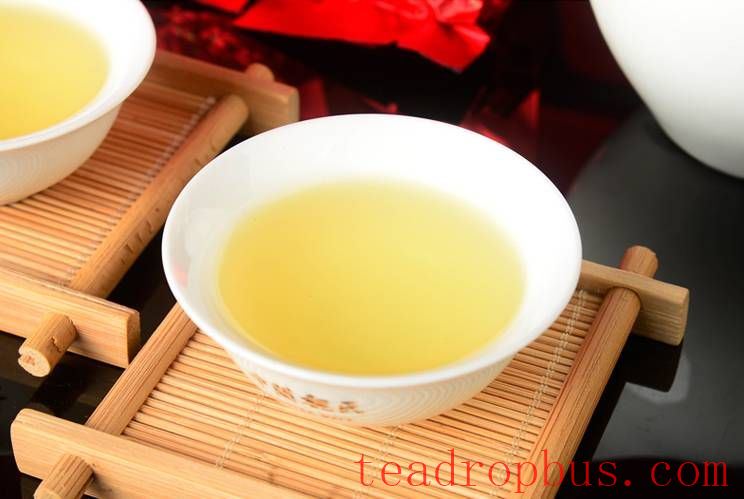
Misconception 4: Drinking Raw Pu'er or Green Tea Every Day
Raw Pu'er and green tea
are known for their fresh aroma and sweet aftertaste,
which many people enjoy.
However, these two types of tea are unfermented and inherently cool in nature.
Especially for women,
they can be consumed occasionally,
but not every day.
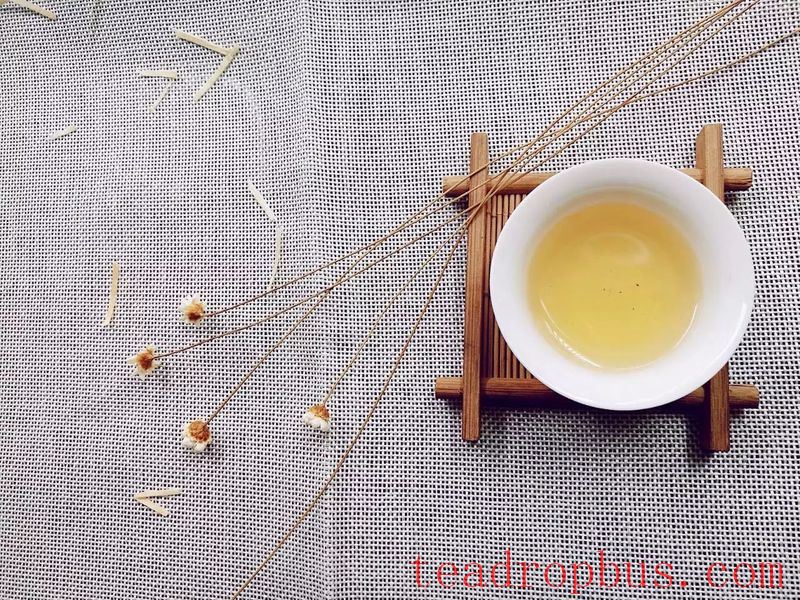
Misconception 6: Drinking the Same Kind of Tea All Year Round
Tea lovers often have their favorites,
and some may drink the same type of tea throughout the year.
In Chinese culture, there is an emphasis on drinking tea appropriate to the season,
and we advocate a modern concept of drinking tea three times a day:
Concentrated Tieguanyin in the morning
for detoxification and bowel health,
Light Tieguanyin in the afternoon
for mental alertness,
and Wei's Red tea in the evening
for liver health, stomach care, and better sleep.
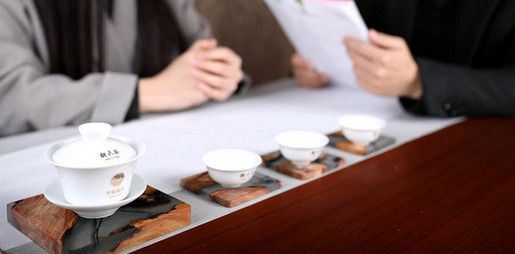
Tea drinking is becoming more popular among younger generations, with more young people joining the tea-drinking community. While tea has numerous benefits, they must be experienced through tasting and appreciation. Drinking tea at the right time, in moderation, and for health is the correct way to enjoy tea.
If there are any copyright issues, please contact us to remove the content.